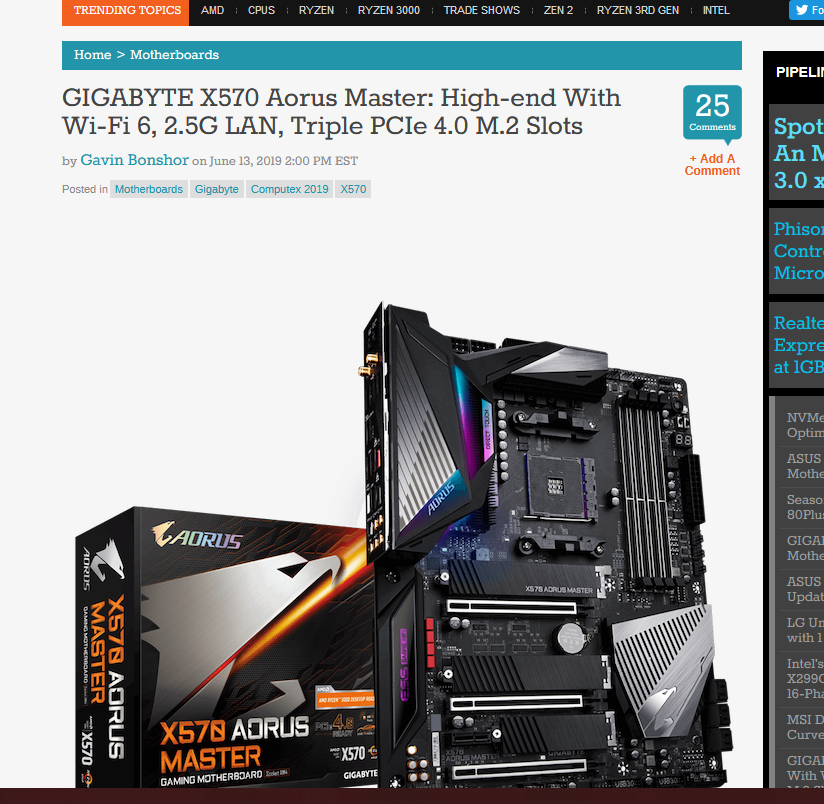What do you guys think the flagship MSI Meg X570 board is going to cost?
I am guessing above $599.99 Maybe even 1000 because that seems to be where boards are going these days.
https://us.msi.com/Motherboard/MEG-X570-GODLIKE/Overview
I am guessing above $599.99 Maybe even 1000 because that seems to be where boards are going these days.
https://us.msi.com/Motherboard/MEG-X570-GODLIKE/Overview
![[H]ard|Forum](/styles/hardforum/xenforo/logo_dark.png)
